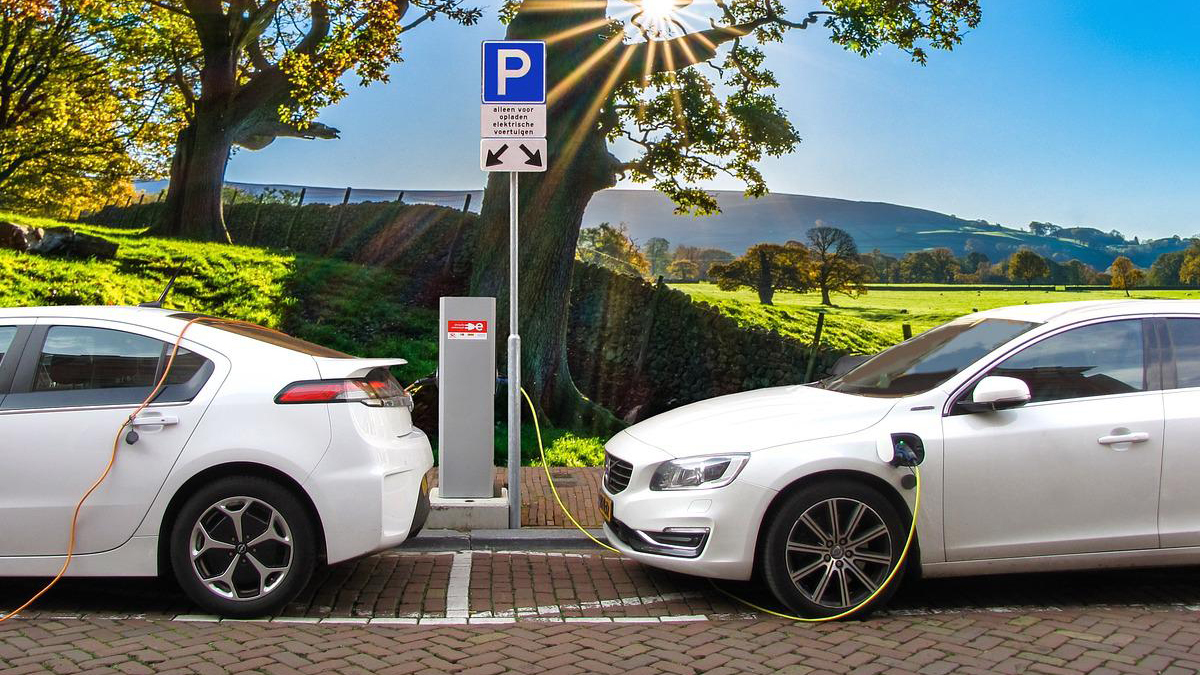Two electric vehicles charge their batteries at a public charging station. | Joenomias Menno de Jong/Pixabay
Two electric vehicles charge their batteries at a public charging station. | Joenomias Menno de Jong/Pixabay
As gas prices continue to rise, more and more families are looking at the possibility of purchasing an electric vehicle (EV).
However, when considering the rising costs of EVs, gas prices do not seem so bad to some people.
Part of President Joe Biden's plan for easing costs associated with rising gas prices has been encouraging people to buy electric vehicles, according to a statement from the White House in August 2021. However, with the average price of an EV currently at $54,000, many American families cannot afford one, according to Auto Blog.
"In May, buyers paid an average of 22% more for a new EV than they did the year before, as the average sale amount climbed to $54,000," Chris Teague, contributing automotive journalist for Auto Blog, wrote on the company’s page.
Costs for gas vehicles have also risen, but not at the same rate, Teague stated.
One of the main causes of this is the rise in the cost for raw materials to make electric vehicles.
These costs have more than doubled during the pandemic, according to a CNBC report. The raw materials cost for EV is now $8,255 per vehicle, more than a 144% increase since March 2020.
The Biden administration is calling for a shift to EVs, but it's largely falling on deaf ears as many families across the United States struggle financially. Due to record inflation, the average gas price in Michigan is $4.77 per gallon as of July 12, according to the American Automobile Association. Prices have declined slightly recently, but not enough to offset rampant increases in prices in recent months.
The average income of a household in Michigan is $57,144, putting EVs well out of reach for many people, according to World Population Review.






 Alerts Sign-up
Alerts Sign-up